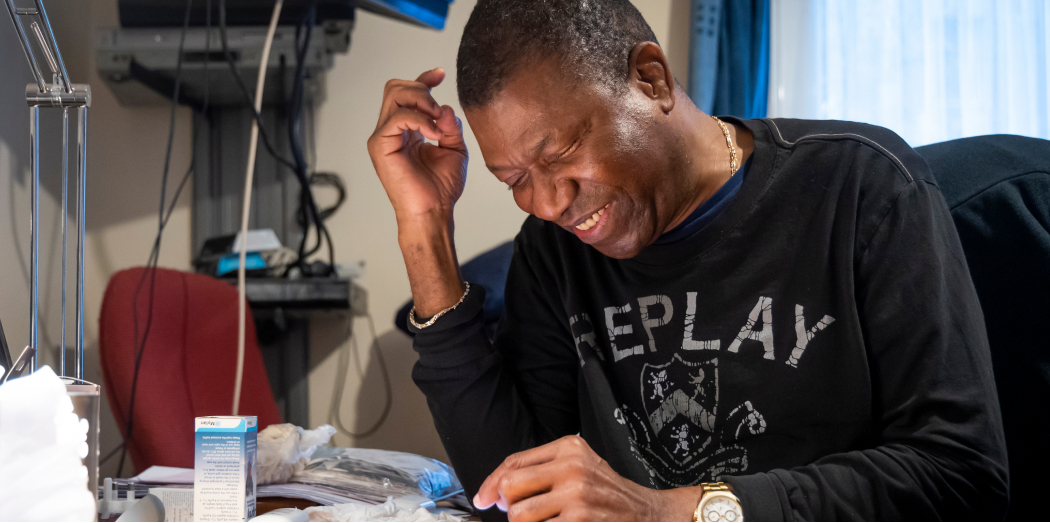A user-centered approach toward the development of a pre-surgical rehabilitation program for patients with lumbar spinal stenosis
2019 IPRC Catalyst Grant
Lumbar spinal stenosis (LSS) is a condition with a degenerative etiology in which the narrowing of the spinal canal results in the entrapment of neurovascular structures. The prevalence of LSS is higher in those aged 55 or older and is the most common diagnosis associated with spinal surgery in adults over 65 years of age. Unfortunately, many patients who have surgery for LSS continue to have pain and disability after surgery and are likely to continue to be long-term opioid users. This research program will develop a pre-habilitation program for people with LSS to improve post-surgical pain and disability. Research will involve conducting qualitative interventions with participants before surgery and one-year post-surgery. Data from the Canadian Spine Outcomes Registry Network will be analyzed to understand which pre-surgical factors lead to good outcomes. This data will be used to create a pre-habilitation program for LSS.
“The grant has allowed me to develop a large number of local and national collaborators, including researchers from different disciplines as well as clinicians, patients and health care administrators. This grant was incredibly important for the development of our network of collaboration, and it provided the building block for other grant applications.” — Luciana Macedo




